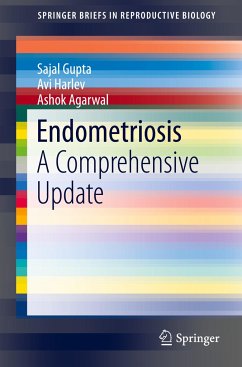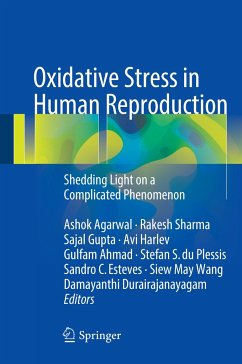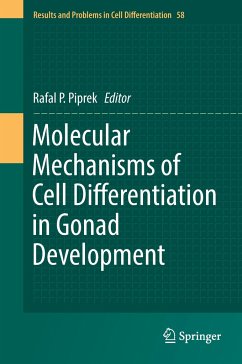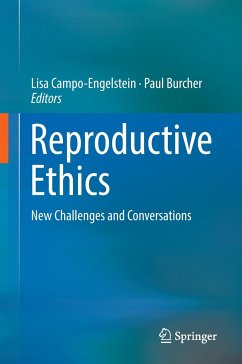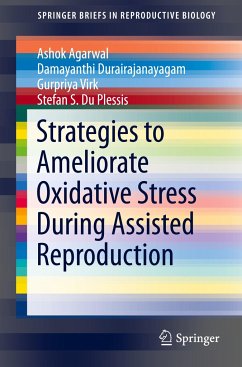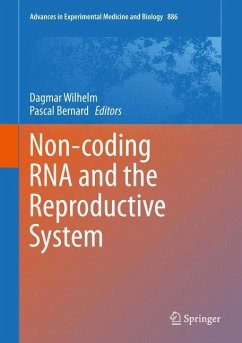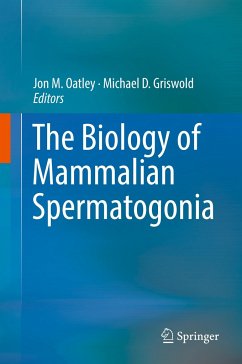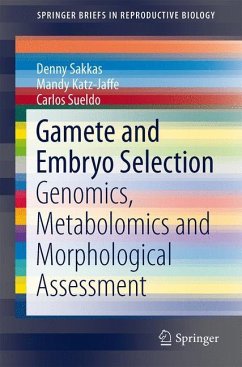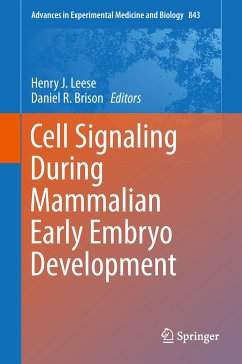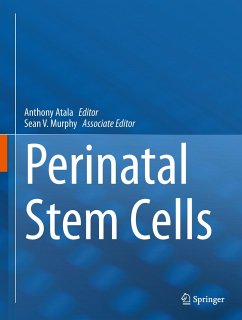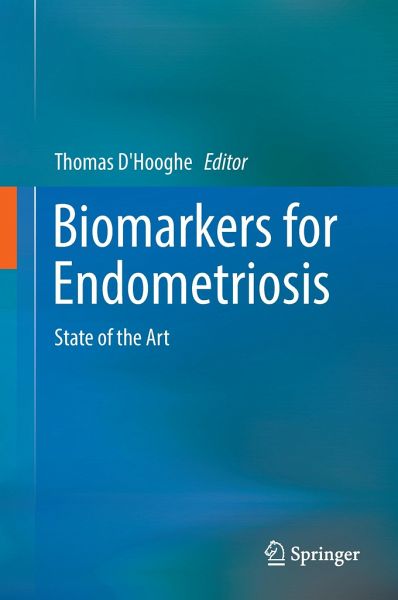
Biomarkers for Endometriosis
State of the Art
Herausgegeben: D'Hooghe, Thomas

PAYBACK Punkte
38 °P sammeln!
This book presents an overview of the diagnostic performance of non- or semi-invasive tests for endometriosis in peripheral blood, endometrium, saliva, peritoneal fluid and urine. The value of existing and emerging systems biology technologies for biomarker development is addressed in several chapters on genetics, microarrays, proteomics and metabolomics. Although tests with high sensitivity and acceptable specificity have been developed, sometimes validated in independent populations and seem promising, more research is needed to translate these data into clinical benefit for patients and coo...
This book presents an overview of the diagnostic performance of non- or semi-invasive tests for endometriosis in peripheral blood, endometrium, saliva, peritoneal fluid and urine. The value of existing and emerging systems biology technologies for biomarker development is addressed in several chapters on genetics, microarrays, proteomics and metabolomics. Although tests with high sensitivity and acceptable specificity have been developed, sometimes validated in independent populations and seem promising, more research is needed to translate these data into clinical benefit for patients and coordinate efforts internationally to standarize analysis, reports and operating procedures. The gold standard to diagnose endometriosis is currently through laparoscopic inspection with histological confirmation, a surgical procedure with rare but significant potential risks for the patients. A non-invasive test for endometriosis would be critical for the early detection of endometriosis of symptomatic women with pelvic pain and/or subfertility with normal ultrasound. This would include nearly all cases of minimal-mild endometriosis, some cases of moderate-severe endometriosis without a clearly visible ovarian endometrioma and cases with pelvic adhesions and/or other pelvic pathology, who might benefit from surgery to improve pelvic pain and/or subfertility. Such a test would also be useful in symptomatic women with ultrasound imaging suspicious for endometriosis, since it may be difficult to differentiate an ovarian endometrioma from other ovarian cysts and since the quality of ultrasound imaging is highly variable worldwide.





